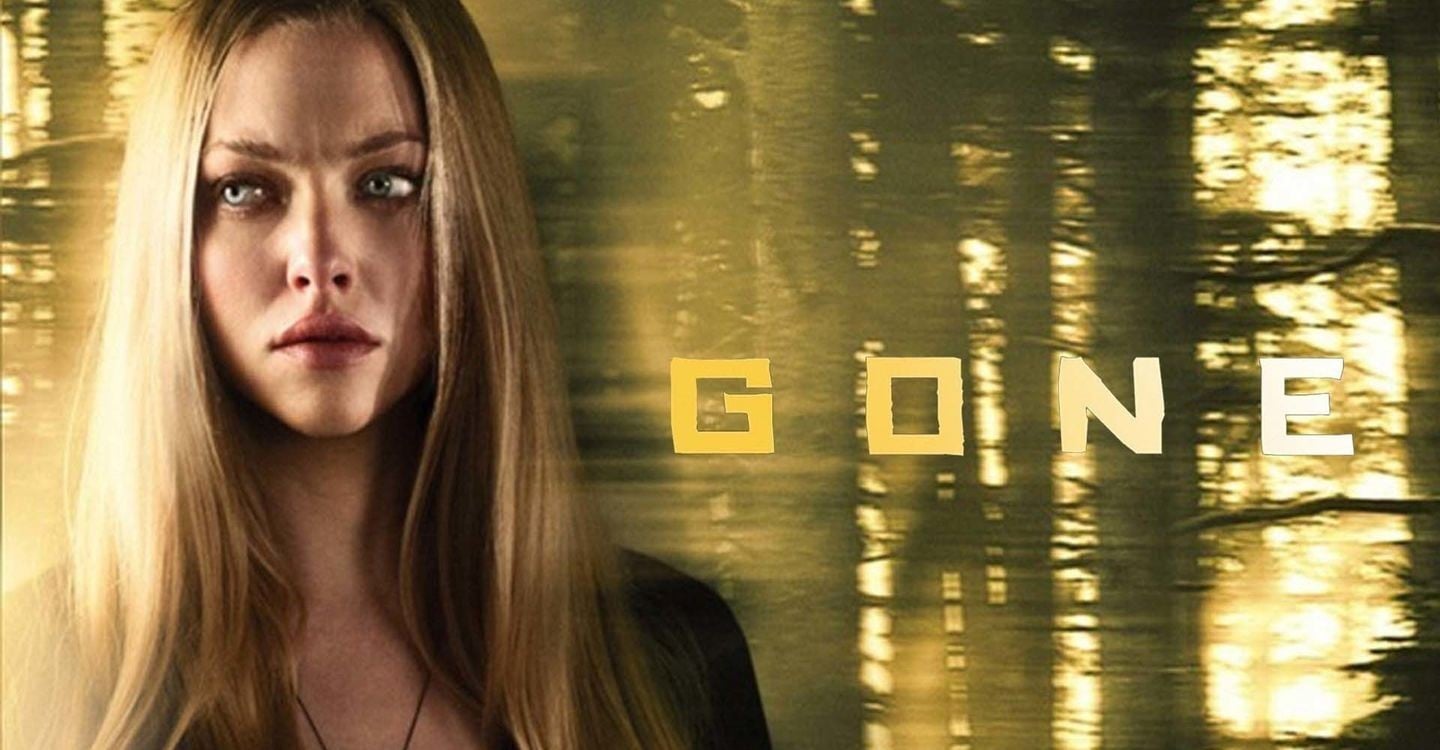From the shadows, they strike. In Ninja Assassin (2009), director James McTeigue—best known for V for Vendetta—plunges viewers into a world of ancient clans, deadly warriors, and stylized ultraviolence. Produced by the Wachowskis, this film revives the ninja genre with a modern twist, combining sleek visuals, high-octane action, and buckets of blood in a revenge-fueled spectacle.

At the center of the story is Raizo (played by South Korean pop star Rain), one of the deadliest assassins trained by the mysterious Ozunu Clan. After witnessing the brutal murder of someone he loves, Raizo turns against the clan that raised him and begins a one-man war to destroy their legacy. When a Europol agent (Naomie Harris) uncovers the clan’s activities, their paths collide in a globe-trotting battle for survival—and justice.
Rain, in his Hollywood breakout role, impresses with both his physical transformation and martial arts prowess. While his emotional range is limited by a sparse script, his performance is sincere and his action work is undeniably intense. His fight choreography—swordplay, acrobatics, and stealth attacks—is the heartbeat of the film.
The true star of Ninja Assassin, however, is its action design. The film leans heavily into stylized violence, with balletic fight scenes drenched in blood and illuminated by flashes of lightning and neon. It’s cartoonishly gory at times, but deliberately so—emulating the over-the-top energy of anime and 80s ninja films. Shurikens fly like bullets, limbs are severed mid-motion, and ninjas melt into shadows like ghosts. It’s pulpy, brutal, and kinetic.
McTeigue’s direction emphasizes atmosphere and pace over complex storytelling. The plot is relatively straightforward—revenge against a corrupt mentor and system—but it’s elevated by moody set designs, intense flashbacks, and a thundering electronic score. The film’s portrayal of ninjas as both mystical and militaristic gives it a unique tone, somewhere between myth and modern espionage.
However, the film isn’t without flaws. The dialogue is often cliché, character development is thin, and the emotional stakes—while present—aren’t deeply explored. Critics at the time were divided, with some praising its style and others criticizing its substance. But for action fans and martial arts lovers, Ninja Assassin delivers exactly what its title promises: fast-paced, bloody ninja action.

Ninja Assassin may not be a narrative masterpiece, but it’s a visually striking, adrenaline-fueled thrill ride. With its slick choreography, relentless pacing, and a charismatic lead in Rain, it remains a cult favorite and a love letter to the martial arts genre.



